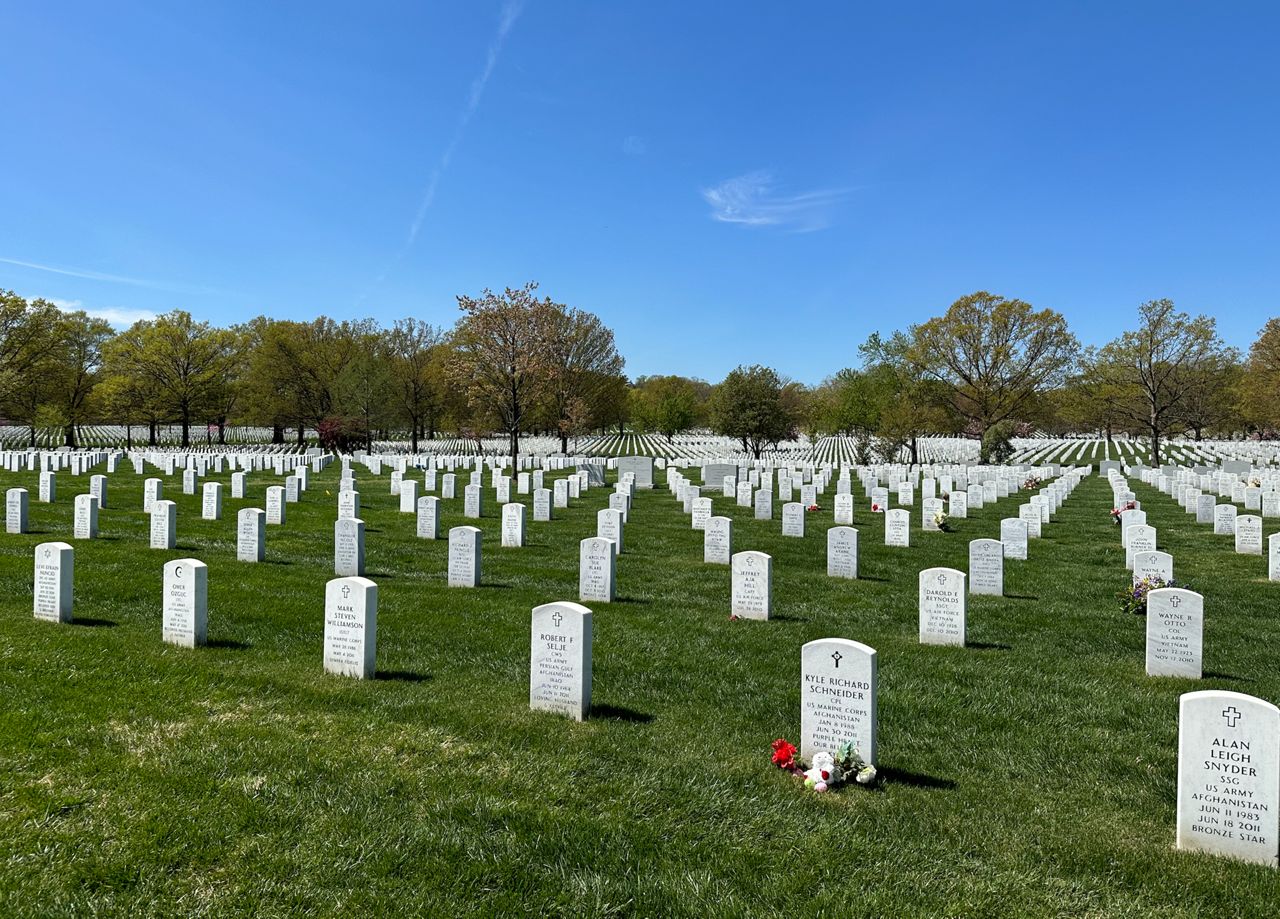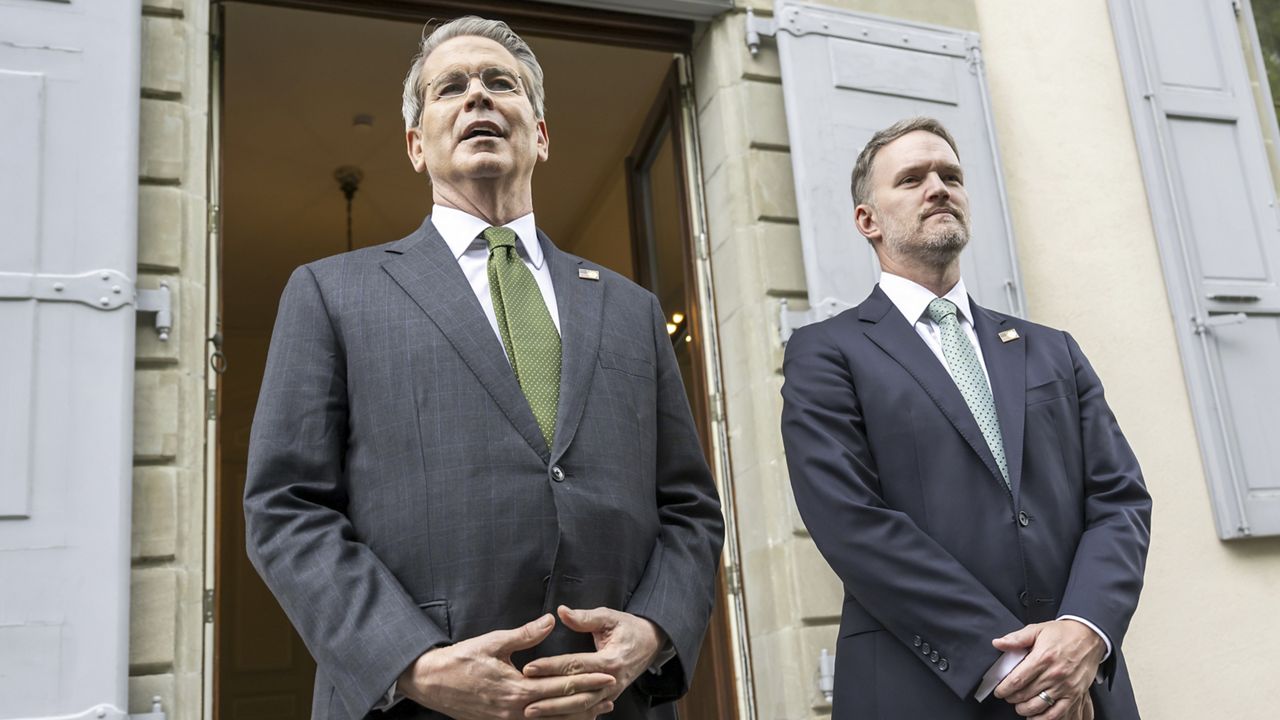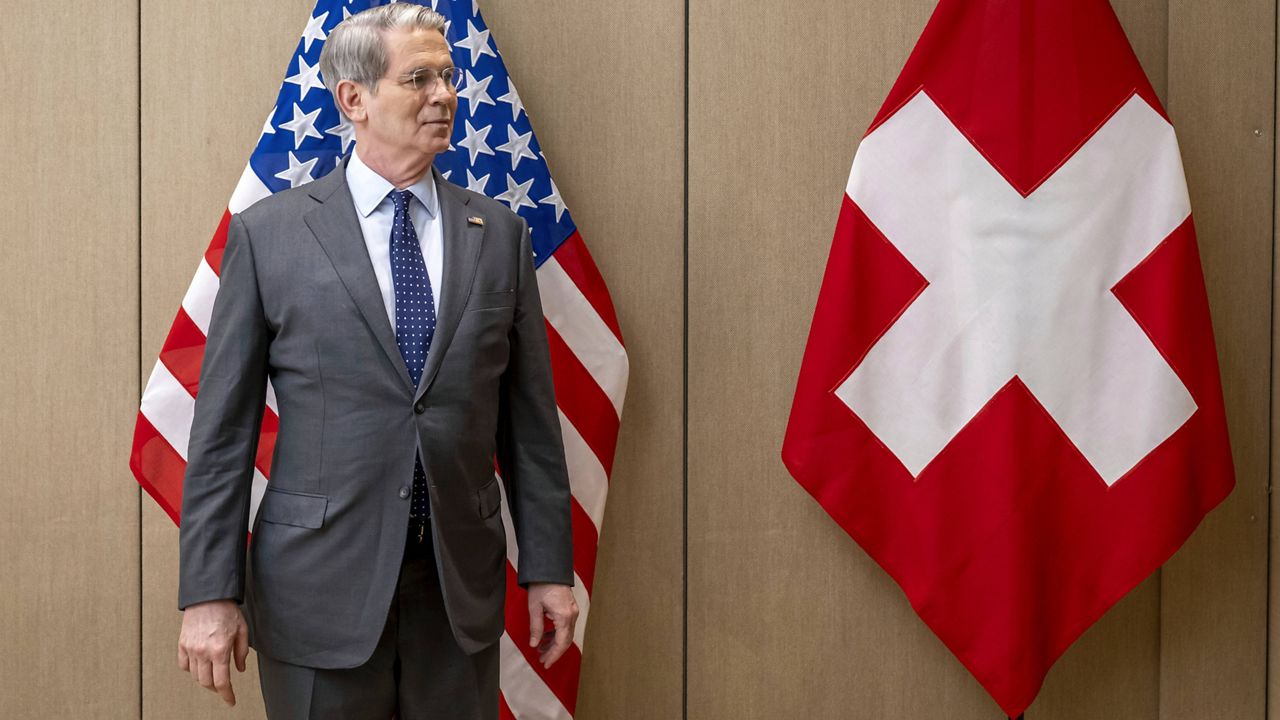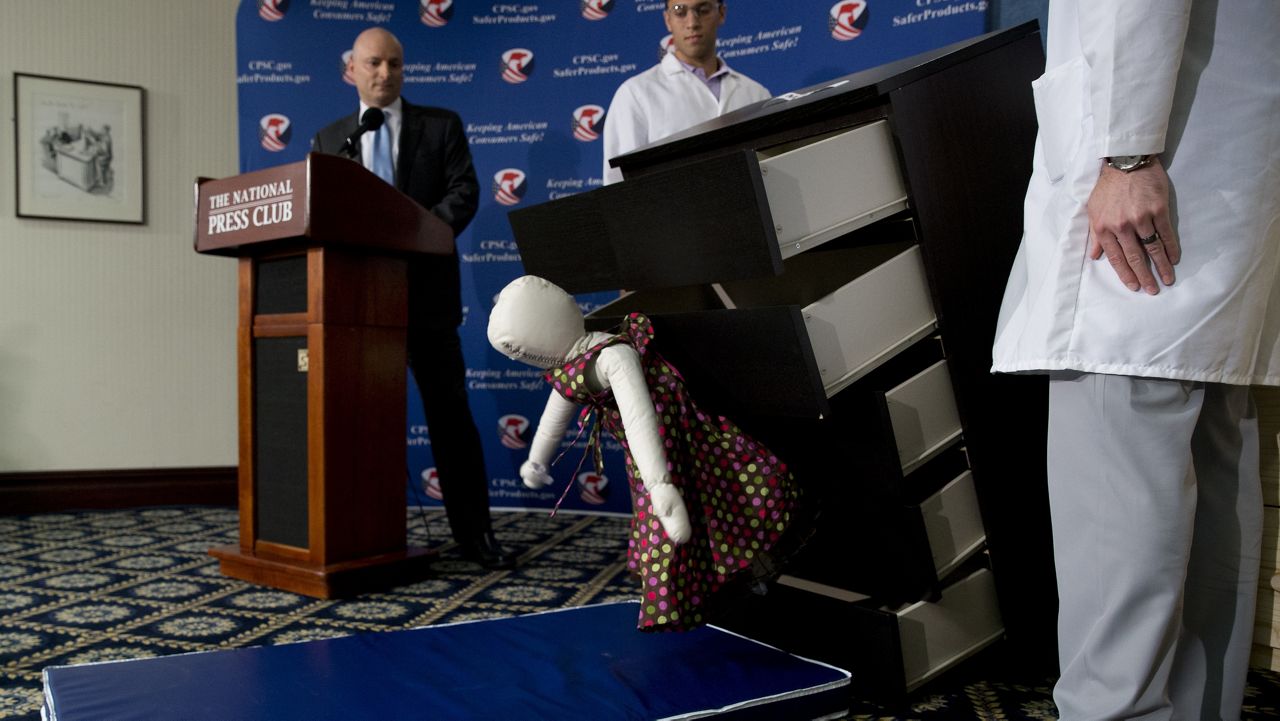Hundreds of thousands of people are buried at what is considered America's most hallowed ground, Arlington National Cemetery, just outside of Washington, D.C.
But after more than 150 years, space is running out, forcing the government to explore ways to expand its capacity.
At 17 years old, Daniel Lucas Elliott enlisted in the military. His mother, Patti Elliott, said that he "loved to fish and hunt ... all those stereotypical country boy things."
She said that before his first tour, her son – who everyone called Lucas – told her if anything happened, he wanted to be buried at Arlington National Cemetery, evoking the eponymous song "Arlington" by country star Trace Adkins.
A few years later, reality came too soon.
Enemy forces attacked her son's unit with an improvised explosive device while on patrol in Iraq. Specialist Daniel Lucas Elliott was killed on July 15, 2011, just three days before his 22nd birthday.
Elliott, a recipient of the Bronze Star Medal, the Purple Heart and the Army Commendation Medal, was buried with military honors at Arlington"To have the old guard and the horse-drawn caisson and all of those things, the 21 guard salute … it is just awe-inspiring," Patti Elliott said. "Every family deserves to have that sendoff," said Patti Elliott.
But as you drive through the grounds of Arlington, it's easy to see the cemetery has a problem: there's very little space left.
"It's very concerning," Col. Thomas Austin, director of engineering at Arlington National Cemetery, told Spectrum News.

There are around 25 burials a day at Arlington. Among the more than 400,000 graves that mark the hallowed site are those of President John F. Kennedy and former Ohio Sen. John Glenn, the first American to orbit the earth.
Arlington has had to improvise to find space. Even with those changes, the cemetery has around 70,000 gravesites left, meaning it will reach capacity in about 20 years.
It's why the cemetery is undergoing a massive expansion.
"We don't want to wait until the very last minute to make these changes, because it will be doing a disservice to those people that are put in that bind at that time," said Col. Austin.
The problem is that expansion will only give Arlington another two decades before it reaches its capacity, meaning something else will have to be done if more people are buried here at at Arlington.
"This isn't an issue where we need to rush, but this is a time-sensitive issue where we need to be deliberate," Rep. Jeff Jackson, a Democrat representing North Carolina, told Spectrum News.
Jackson co-introduced bipartisan legislation in March that would allow an additional national cemetery to perform military honors like the ones performed at Arlington. It would also mandate that the Secretary of Defense and the Secretary of Veterans Affairs submit a joint report to Congress with a proposal to increase national cemetery capacity and criteria for internment at Arlington National Cemetery.
The Army is considering a controversial change in eligibility of who is allowed to be buried at Arlington National Cemetery in an effort to delay the it reaching capacity. The Army released those proposed changes in 2019, which were subject to public evaluation. It has yet to announce the final eligibility changes.
Jackson said that they "want to maintain the eligibility criteria as how they exist right now, make sure that everyone that expects to receive full honors will receive full honors."
Patti Elliott says the honor she felt during her son's burial should not be unique for families that have to endure such sacrifice.
"Every family deserves to have that sendoff." she said. "To continue to provide that to families in whatever form or fashion in whatever form or fashion they can do that, whether it be at Arlington or another national cemetery, they should do that."
She said she finds comfort knowing that her son is right where he eventually wanted to be.









